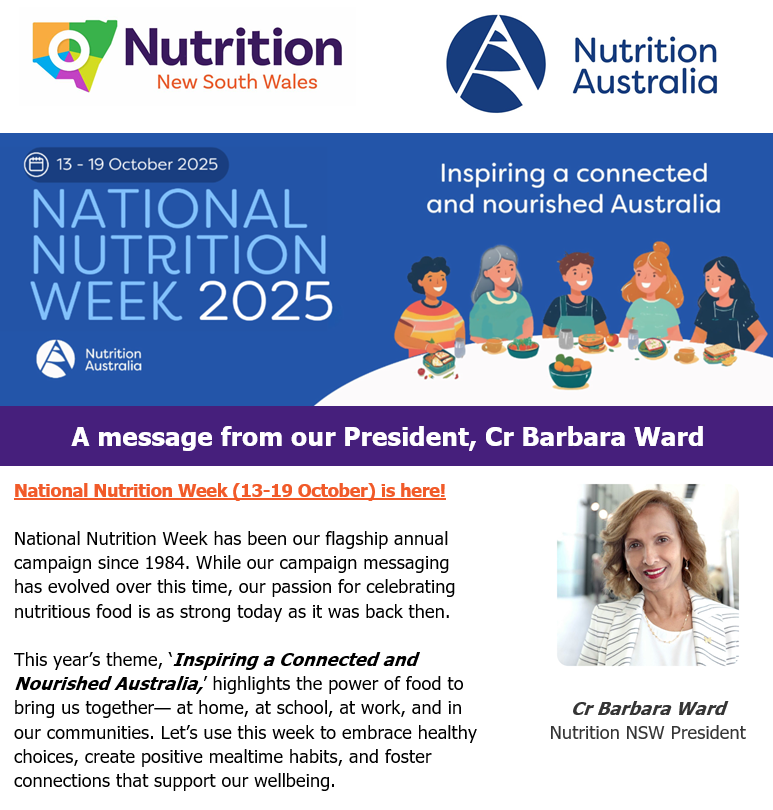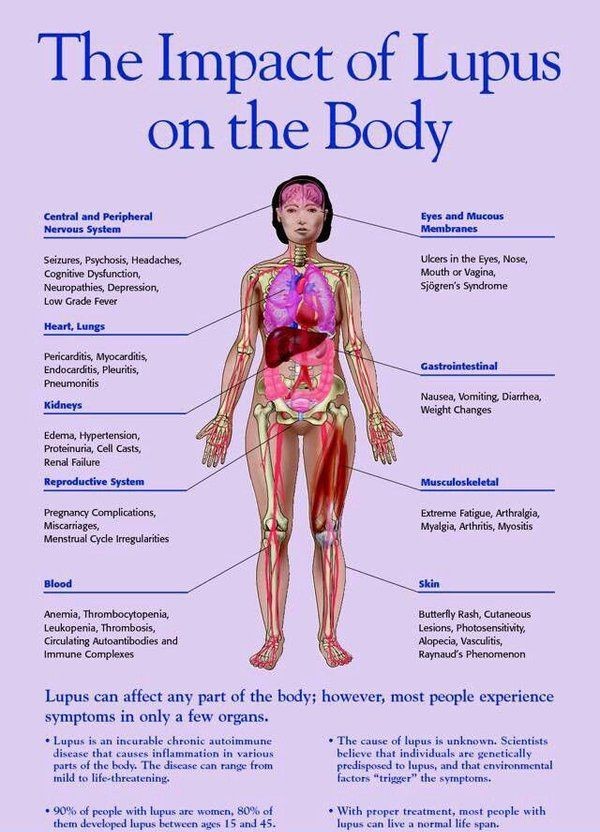Welcome
Since 1979 Lupus Association of NSW has been the leading peak body which offers advice, information, support and networking for patients across NSW and now also parts of Australia.
Our priorities
1. To facilitate support and provide counselling and factual up to date information for our members.
2. To promote understanding of Systemic Lupus Erythematosus (SLE) and related Connective Tissue Diseases (CTD) amongst ourselves, our families, medical and allied health professionals and the community.
3. To operate as a resource base for information and literature regarding Systemic Lupus Erythematosus and related Connective Tissue Diseases.
4. To liaise with similar organisations both interstate and overseas.
5. To promote financial support for research, training and health care services for Systemic Lupus Erythematosus and related Connective Tissue Diseases.
6. To consult with Government bodies for appropriate funding for Systemic Lupus Erythematosus and related Connective Tissue Diseases.

International Day for the Elimination of Violence Against Women
Violence against women and girls remains one of the most prevalent and pervasive human rights violations in the world. Globally, almost one in three women have been subjected to physical and/or sexual intimate partner violence, non-partner sexual violence, or both, at least once in their life. Even more devastating is the fact that one woman or girl is killed every 10 minutes by their intimate partner or family.
It is a scourge that has intensified in different settings, but this year, the campaign for the International Day for the Elimination of Violence against Women focuses on one in particular: the digital realm. Violence against women on online platforms is, today, a serious and rapidly growing threat that seeks to silence the voices of many women—especially those with a strong public and digital presence in fields such as politics, activism, or journalism.
It is a form of violence on the rise due to weak technological regulation, a lack of legal recognition of this type of aggression in some countries, the impunity of digital platforms, new and fast-evolving forms of abuse using AI, movements opposing gender equality, the anonymity of perpetrators, and the limited support for digital victims.
The International Day for the Elimination of Violence Against Women will mark the launch of the UNiTE campaign (Nov 25- Dec 10) — an initiative of 16 days of activism concluding on the day that commemorates the International Human Rights Day (10 December).
Latest News and Research
Help Support Lupus Association
A new Fundraising Page has been created by Kieran Lord through https://run.gofundraise.com.au on your behalf.
Name: Kieran Lord
Email: kieran.lord0506@gmail.com
Page Title: Kieran Lord
Page Link: https://run.gofundraise.com.au/page/Kieran-79242687
Event Name: Running for a cause
Featured Links to various articles relating to Lupus :
Article dated 6th October 2025 in Medical XPress:
Article dated 14th September 2025 in Prevention:
Article dated 13th February 2025 in First for Women:

National Nutrition Week 2025.
This week marks the launch of National Nutrition Week, 13-19 October.
“I am proud to celebrate over 40 years of Nutrition Australia’s commitment to nourishing our nation. This year’s theme, ‘Inspiring a Connected and Nourished Australia,’ highlights the power of food to bring us together— at home, at school, at work, and in our communities. Let’s use this week to embrace healthy choices, create positive mealtime habits, and foster connections that support our wellbeing.’ Cr Barbara Ward, Nutrition Australia (NSW) President.
For more information visit our website, and remember to follow us and Nutrition Australia via our social media channels to keep up to date with us during National Nutrition Week.
Warmest,
Barbara
Global Survey from World Lupus Federation Finds Nearly Half of People with Lupus Report Kidney Involvement
New data highlights urgent need for improved education and diagnosis of lupus nephritis (lupus-related kidney disease), a serious complication of lupus
The Lupus Association of NSW, through the World Lupus Federation, is sharing new findings from its 2025 global survey focused on lupus nephritis (lupus-related kidney disease).
 More than 3,200 people with lupus from 84 countries participated in the survey, with more than 85% of respondents reporting that they had experienced common lupus nephritis symptoms, yet only 47% of respondents reporting their kidneys were affected because of lupus. The survey findings point to a clear and urgent need for greater education, awareness, and proactive care.
More than 3,200 people with lupus from 84 countries participated in the survey, with more than 85% of respondents reporting that they had experienced common lupus nephritis symptoms, yet only 47% of respondents reporting their kidneys were affected because of lupus. The survey findings point to a clear and urgent need for greater education, awareness, and proactive care.
Here are just a few key takeaways:
- More than 43% of respondents reported having little or no knowledge about lupus nephritis.
- More than 1 in 3 with lupus nephritis have not had a kidney biopsy, the gold standard for diagnosing lupus nephritis.
- Nearly 3 in 4 who did not report kidney involvement still said they've experienced at least one common symptom, like protein in the urine (proteinuria).
We invite you to take a closer look at the survey results in our press release and view the topline summary and detailed survey results.
As we approach World Lupus Day on May 10, this data reinforces the importance of raising our collective voice, improving education, and ensuring that every person living with lupus has the information and tools they need to protect their health.
Thank you for your continued support as we work together to advance lupus research, awareness, education, and advocacy.
Paracetamol & Autism?
Donald Trump has warned pregnant women not to use paracetamol (or Tylenol as it’s known in the US), saying — without any evidence — it can be associated with an increased risk of autism in their babies. It prompted health organisations to quickly reassure pregnant women about the lack of evidence to support the claim. President of the Australian Medical Association Danielle McMullen has also corrected Trump’s claim today and said the last thing she wants is for pregnant women to feel scared, guilty or nervous.
Extracted from Women’s Agenda Daily – 23rd September 2025
Cutaneous Lupus Erythematosus Clinical Trial (Lavender, Astrazeneca)
You are invited to take part in a research study if you have chronic and/or subacute cutaneous lupus erythematosus (CLE) (a medical condition similar to lupus which impacts your skin, hair, and other body surfaces).
The research study is testing a new treatment for chronic and/or subacute cutaneous lupus erythematosus. The new treatment is called AnifrolumabWestmead Hospital is undertaking a lupus clinical trial with people that having the following that we are recruiting for here at Westmead Hospital.
Cutaneous Lupus Erythematosus Clinical Trial (Lavender, Astrazeneca)
- Multicenter, Randomized, Double-blind, Placebo-controlled, Phase III Study to Evaluate the Efficacy and Safety of Anifrolumab in Adults with Chronic and/or Subacute Cutaneous Lupus Erythematosus who are Refractory and/or Intolerant to Antimalarial Therapy
- Can have systemic involvement
- 120mg anifrolumab subcutaneously once weekly
- 24 weeks of blinded placebo vs active drug period followed by 28 weeks of open-label treatment with anifrolumab
If you are interested, please reach out to the following via these emails:
1. William.Luu@health.nsw.gov.au
2. WSLHD-Dermatology-ClinicalTrials@health.nsw.gov.au
Attached is the Participant Information document that is more detailed for anyone who is particularly interested.
Thank you again for your time and support!
What is lupus?
Risk factors for developing lupus
The triggers for lupus are poorly understood. Some factors that are associated with developing lupus are:
- Being female: 90 per cent of Australians with lupus are women.
- Early adulthood: most cases of lupus are detected in people aged between 15 and 40.
- Genetic susceptibility: lupus is more prevalent in some families and some racial groups. Lupus is more prevalent and more severe in Aboriginal Australians than in the wider Australian population.
- Sunlight exposure can be a trigger in susceptible people.
Key Statistics
1 in 1,000
Lupus is estimated to affect more than 25,000 (1 in 1,000) people in Australia
15-45
Onset usually occurs between 15 and 45 years
90%
90% of those affected are women

Raise a hand to help us
Help research to find a cure!
Join us as we work to find a cure for this hidden monster

The Lupus Association of NSW site is for informational purposes only and should not be a substitute for professional medical advice, examination, diagnosis or treatment. However, do not delay seeking or disregard medical advice based on information on this site. Always seek the advice of your local family physician or other qualified health professional before starting any new treatment or making any changes to existing treatment. Medical information changes rapidly and while the Lupus Association of NSW make efforts to continually update the content on the site, some information may be out of date.








